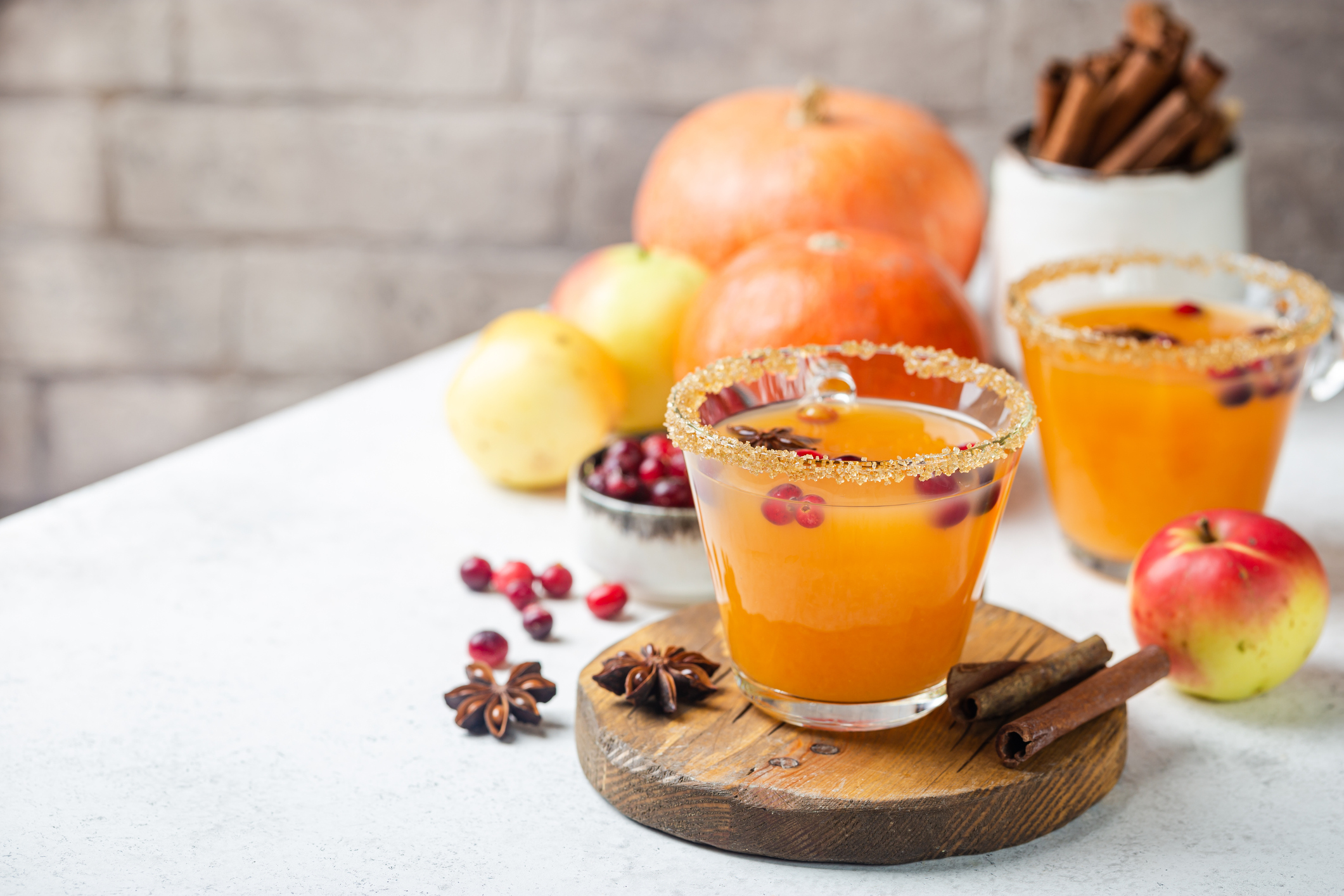

Is alcohol a friend or foe?
We’ve been asking that question for a while. And while alcohol does have some health benefits, so far the evidence tips the scale toward “foe.”
Alcohol consumption is associated with higher risk of atrial fibrillation, dementia, and seven different types of cancer. It’s also been linked with accelerated muscle loss and aging of the brain.
Now there’s another reason to avoid alcohol — especially certain kinds…
Aging and alcohol: Pick your poison
I don’t know anyone who isn’t interested in slowing the pace at which they age.
But if you’re doing all the right things — exercising, eating right and taking anti-aging supplements — your drinking habits could undo all of it…
A team of U.S.-based investigators analyzed DNA methylation levels in blood samples of participants enrolled in the Coronary Artery Risk Development in Young Adults (CARDIA) Study. The analysis included participants with alcohol consumption and methylation data at examination year 15 and year 20. DNA methylation is a chemical modification that can alter gene expression.
Using this data, the researchers tracked four measures of epigenetic aging:
- intrinsic epigenetic age acceleration is associated with cell-intrinsic aging;
- extrinsic epigenetic age acceleration is connected with immunological aging;
- PhenoAge acceleration is linked with comorbidities and physical function;
- GrimAge acceleration is associated with lifespan and measures risk of mortality by analyzing positions on the DNA where methyl groups change with age.
Overall, the investigators found a link between cumulative consumption of liquor and total alcohol and GrimAge acceleration.
The number of days of binge drinking was also associated with GrimAge acceleration. Binge drinking was defined as consuming more than five drinks in one setting.
In short, liquor and total alcohol consumption, as well as binge drinking, all speed up biological aging.
Liquor and total alcohol consumption were associated with a 0.31-year and 0.12-year greater GrimAge acceleration, respectively, per additional five alcohol years. That’s roughly 3.7 months and 1.4 months, respectively. Binge drinking was connected with a 1.38-year higher GrimAge acceleration
The researchers also identified noticeable differences between chronological age and cumulative beer and total alcohol consumption with GrimAge acceleration. Compared to older participants, younger participants showed greater biological aging.
By contrast, beer and wine consumption had marginal and no associations with GrimAge acceleration, respectively.
“Our findings provide novel insight into the association between cumulative alcohol-specific consumption on biological aging, illustrating the type of alcohol consumed may impact the aging process differently,” says Dr. Drew Nannini, a postdoctoral fellow at Northwestern University and lead author of the study.
Beer and wine, aging and responsible drinking
Given the results of this study, if you do decide to continue drinking, you may want to be especially careful when consuming hard liquor. While aging an additional 3.7 months over 5 years of consumption may not seem like a lot, it does add up. And you should avoid binge drinking at all costs, since that aged participants far faster than any other form of consumption.
It’s probably best to stick to modest amounts of beer and wine for the occasional drink. Or better yet, try one of the many nonalcoholic beer or wine options now available at most supermarkets and liquor stores. They can satisfy your craving without the alcohol-related risks and still provide a powerful flavonoid linked to improving metabolic syndrome.
The Dietary Guidelines for Americans recommends that adults who choose to drink should do so in moderation. That means limiting alcohol to one drink or less daily for women or two drinks or less daily for men.
Sources:
1. Longtime Alcohol Consumption Speeds Up Biological Aging — Northwestern Medicine
2. Alcohol consumption and epigenetic age acceleration in young adults — Aging
3. Methylation — National Human Genome Research Institute

